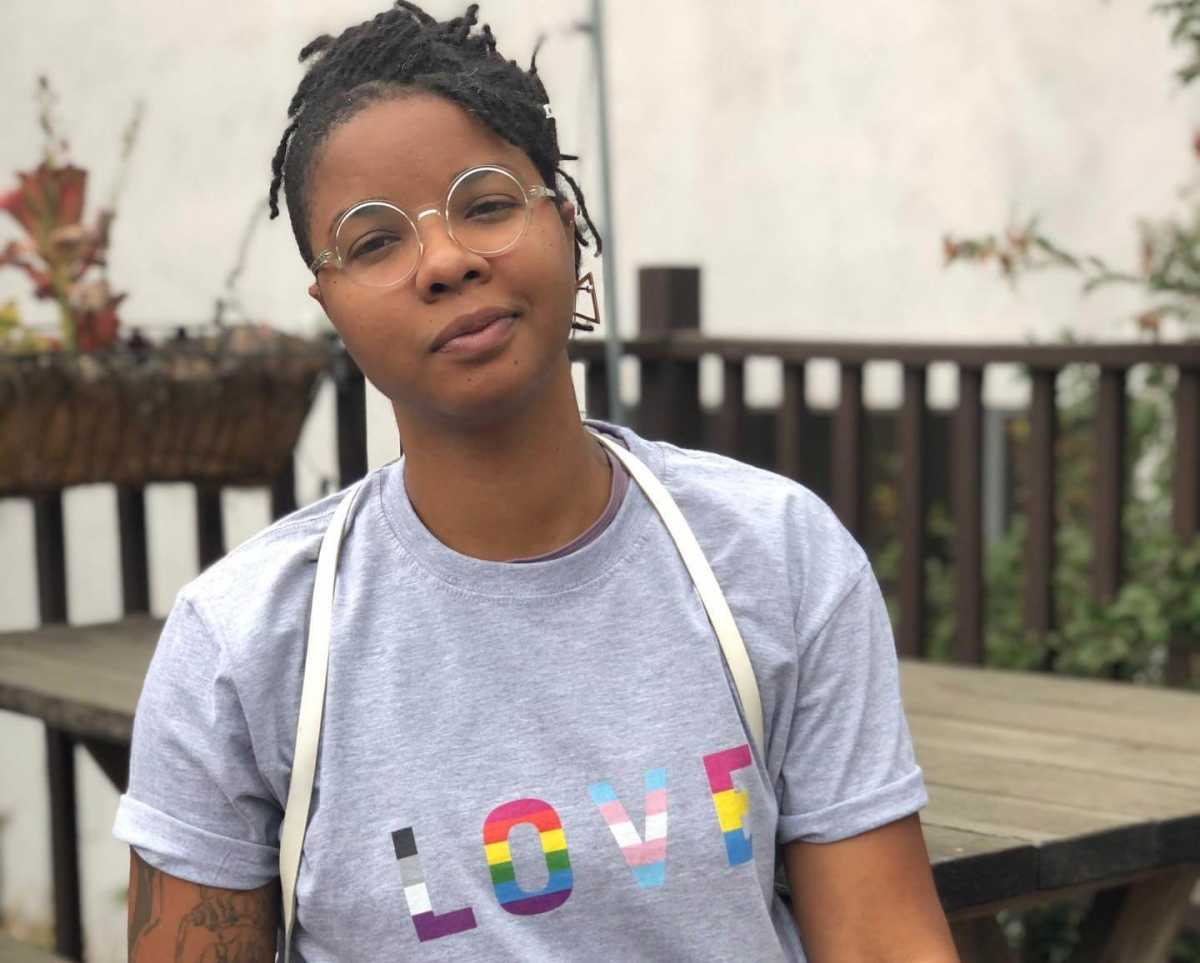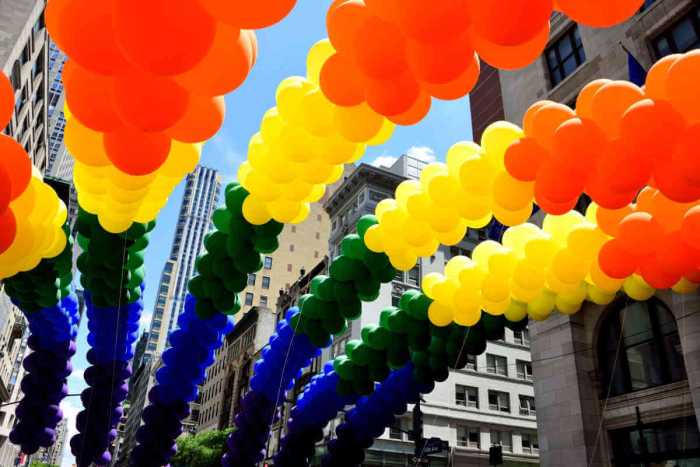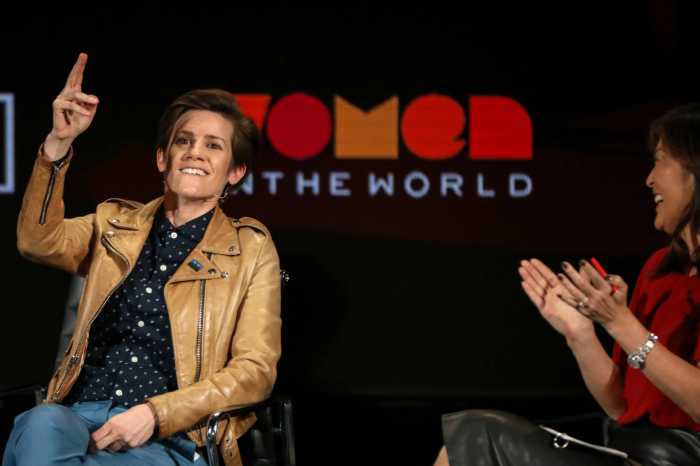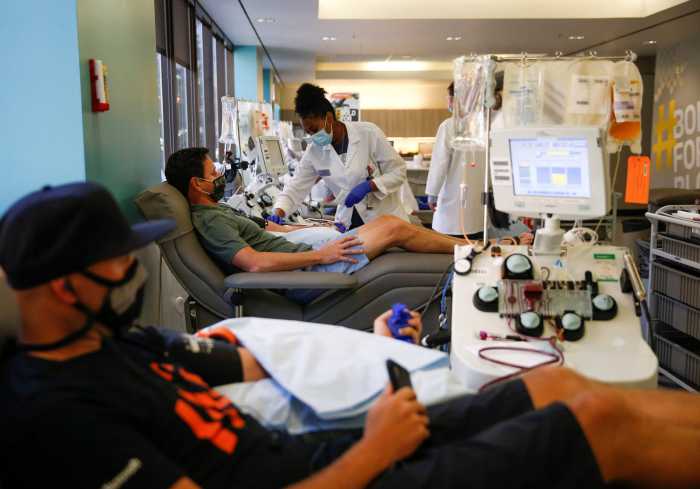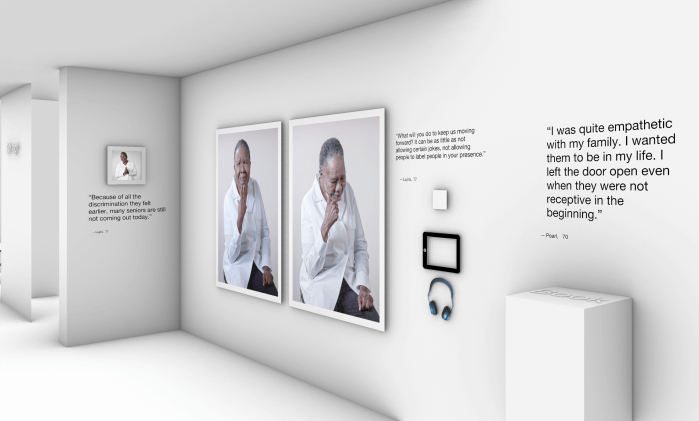We’ve reached a tipping point.
Barriers and inequities uniquely experienced by Black individuals in the US are televised, streamed, and tweeted. Against a backdrop of police brutality, systemic anti-Black racism, a faltering age of cultural appropriation, and Karen-related pettiness in the thick of a global pandemic, there has been a riveting social response. The reckoning has led to a burgeoning demand for the visibility and economic triumph of Black business owners, makers, and creators, as well as those who exist at the intersection of Black and LGBTQ communities.
The unmasking of untreated disparities is not new. Reputable institutions have published findings on the matter for decades. In 2003, Yale University issued a report that discussed the dearth of Black-owned businesses, disadvantaged family business backgrounds compared to their white counterparts, and racial differences in the startup capital, geographical location, and the education of business owners. As recently as August 2020, Fundera published findings suggesting racial gaps in banking relationships and funding disparities are still pervasive.
According to an August 2020 report from the Federal Reserve Bank of New York, Black founders are less likely to have obtained banking financing in the past five years. Black business owners frequently rely on personal savings and acquaintances. Less than 20 percent of Black business owners reported receiving assistance from loan officers in completing applications, compared to 59 percent of their white counterparts. Consequently, Black firms entered the crisis in a weakened position, and it shows.
Nearly half of all Black small businesses were leveled by the pandemic by the end of April 2020, the Federal Reserve report showed. Black-owned businesses were disproportionately affected by COVID-19 and were twice as likely as their white counterparts to close their doors.
Nationwide, data showed that Black-owned firms were likely to be located in COVID-19 hotspots compared to white-owned firms, which were least likely to be found in heavily impacted areas. For Black-owned businesses, that has meant balancing the health crises against job loss and eventual business closure due to a combination of obstacles, geographical challenges, weaker ties to banks, fewer financial cushions, and hurdles when accessing the Paycheck Protection Program. When the report was published, Black businesses experienced the most acute decline, with a 41 percent drop. Compare that to 32 percent drop experienced by Latinx companies, 26 percent experienced by Asian companies, and 17 percent experienced by white business owners.
There is a silver lining in that there have been some shifts in favor of Black business owners. As recently as 2012, Black-owned businesses generated $150.2 billion in gross revenue. A subset of data in the 2020 State of Small Business Report indicated 70 percent of Black-owned small business owners said they were either “somewhat happy” or “very happy” with their businesses.
Additionally, after eons of witnessing imbalance, consumers, particularly Black consumers, are rehoming their spending dollars, placing importance on quality and equity. Amazon, Target, and other large retailers have hopped on the bandwagon. They’re stocking their shelves with Black-owned brands, composing diversity, equity and inclusion efforts and launching dedicated campaigns that declare solidarity with Black makers, artists, and entrepreneurs.
A quintessential subsection of Black business owners are Black LGBTQ+ folks, who contribute radical joy and brighter, more inclusive ideas to the greater economy every day. Black LGBTQ business owners are reaching internally, asking advocates in either community to endorse and support them to stay afloat. Mobilization has been robust and multifold. Advocates are buying in droves and offering infusions of cash donations, social media support, volunteerism and resource development.
Support the following cutting-edge Black LGBTQ+ businesses, brands, and creators, and advance their economic empowerment today and every day of the year.
Brooklyn, NY | Makoma the Brand
Makoma the Brand is a global fashion retailer with African inspiration, hence the name Makoma, of Akan origin, meaning “my heart.” They serve high-quality, ethically-made African prints paired with classic silhouettes.
View this post on Instagram
Los Angeles, CA | A Tribe Called Queer
A Tribe Called Queer is a multidisciplinary brand that features an inclusive clothing line, virtual events, and more. The brand features evocative designs that make bold statements.
View this post on Instagram
Philadelphia, PA | Two Minds Press
Two Minds Press is a QWOC-run silk screen press, producing original hand-printed apparel, accessories, and prints around emotionality themes, wordplay, social justice, and radical joy.
View this post on Instagram
Los Angeles, CA | Brownie Points for You
Brownie Points for You produces limited-run products that focus on aesthetics and equal rights. Owned and operated by multidisciplinary artist and writer Rinny Perkins, her designs hearken back to the ’70s ephemera.
View this post on Instagram
Oakland & Berkeley, CA | Feelmoreadult
Feelmore Adult is a community space and sex shop founded in 2011. The retail establishment does more than sell tools for personal or mutual gratification; it offers an education that helps visitors overcome stigmas associated with sex and sex work.
View this post on Instagram
New York, NY | Bye Gender
Bye Gender, formerly known as Werk Those Pecs and Trans is Beautiful Apparel, was founded in 2012. Bye Gender is a community-based organization missioned to help trans individuals access funding for gender-affirming surgeries.
View this post on Instagram
Santa Rosa, CA | HauteButch
HauteButch produces gender-neutral masculine-inspired androgynous clothing. The retailer offers a dignified customer journey, ultimately empowering anyone who dares to look dapper.
View this post on Instagram
New York, NY | Coco & Breezy
Coco and Breezy Eyewear was founded in 2009 by twin designers Corianna and Brianna Dotson. They’re responsible for the “third-eye” sunglasses worn by the late Prince, and their designs can be found within the pages of Vogue.
View this post on Instagram
Los Angeles, CA | No Sesso
Prioritizing making nonconformity as beautiful and inclusive as it can be, No Sesso is a Los Angeles fashion house founded by Pierre Davis in 2015. The collection features a wide range of prints, fabrics, reconstructed materials, and embroidery.
View this post on Instagram
Washington, D.C. | Loyalty Bookstore
Loyalty Bookstore was founded by Hannah Oliver Depp, a Black and queer bookseller aiming to diversify the book industry and empower communities of color and queerness. The inclusive, welcoming environment is a safe haven for diverse lovers of books.
View this post on Instagram
New York, New NY | Nicole Zizi
Nicole Zizi Studio focuses on eco-consciousness, sustainability, and innovation in gender-free premium streetwear and accessories. The artist creates ethically hand-made garments and ready-to-wear clothing made from recycled content.
View this post on Instagram
Baltimore, MD | Mack the Tailor
Mack the Tailor is a styler and a tailor using only Nigerian tailor methods to construct pieces. Among the many items, Mack markets are bags, socks and beautifully shaped fedoras.
View this post on Instagram
To sign up for the Gay City News email newsletter, visit gaycitynews.com/newsletter.

